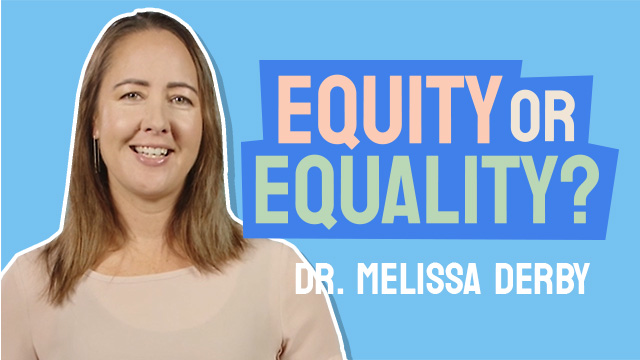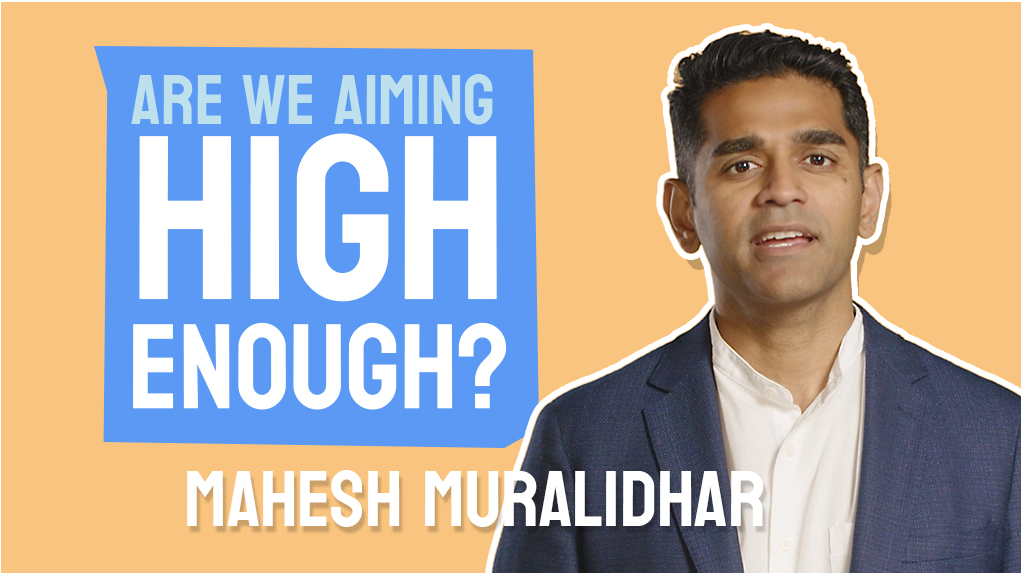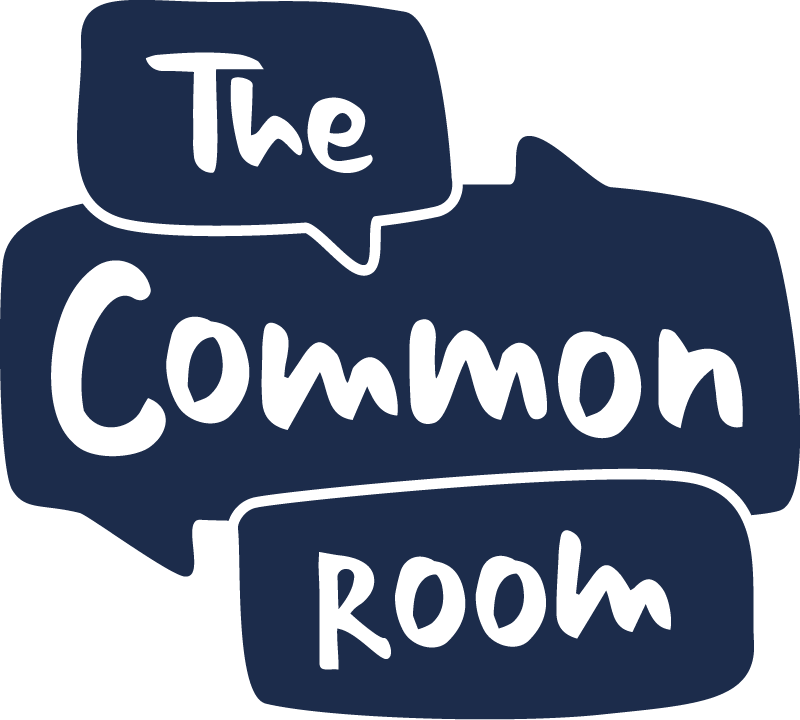Who represents the working class voters?
2 April 2023, 30.7k views*
Working class voices seem absent in our politics, and that’s a problem for all of us. But who are today’s working class, why aren’t they represented in parliament, and what needs to change?
Working class voices are absent in our politics. That’s a problem for all of us. Political elites don’t talk about the working class anymore. That’s a problem, whether you’re on the left or the right. Because any political system should look like the nation it governs. If a group of people don’t see themselves – or their concerns – represented in their parliament, trust in government declines. Our country gets more divided.
When asked about their levels of trust in government institutions and politicians, New Zealanders gave their leaders a bare pass: approximately 2.5 on a scale of 1 to 4. That’s pretty bad. They’re even more scathing about political parties. The average respondent had ‘Very little or no trust’ in political parties. So when people lose trust in our democracy – we’re all in trouble.
My – mostly not working class – colleagues often ask me, ‘but who is working class these days?’. As if ‘class’ belongs in the past. Workers were easily identified by their cloth caps, the middle class by their briefcases, and the upper class by their top hats. Well, here’s a good guide – the people who delivered stuff to you at your door during lockdown – working class. The people who stayed safe at home making sourdough – middle class. Or put that another way – if you work for a wage, don’t own your own home, don’t have a tertiary qualification, you’re working class. And there aren’t many people like you in our parliament.
Now, while class and wealth are not perfectly correlated, they are connected. Over 95% of MPs today own property. By contrast, just 49% of the general population were homeowners. 62% of MPs own at least one other property in addition to their family home, compared to just 9% of the general population. Over 90% of MPs have a degree, compared to only 25% of Kiwis.
While our country gets more divided, our parliament looks more the same when it comes to class. It didn’t use to be like this. In the 1970s, 80% of MPs came from so-called ‘Professional Managerial Class.’ 20% had held clerical, service or labourer roles just before coming into parliament. Much more representative then than of our parliament today. Now, 100% of our MPs are from the ‘professional and managerial’ class.
True – our parliament is far more diverse in gender and ethnicity than it was in the 1970s. And that’s a good thing. But it’s less diverse when it comes to class. And that’s a bad thing. Parliament is now divided between two classes who both have plenty of capital – those with knowledge capital on the intellectual left, and those with wealth and property capital on the right. Or what economist Simon Wren-Lewis calls – The haves and the have yachts! Those with no capital at all are not represented. This has direct consequences.
The share of the nation’s income going to wage earners, which had sat at around 70% in the 1970s, fell to under 60% by the late 2010s. If it had stayed at 70%, the average wage today would be $12,000 higher. So populism is appealing because it’s optimistic. It promises to blow up the system that favours the elites on the right and the left – and make your life better off.
Donald Trump appealed to working class voters by copying the rhetoric of the far left. Like an old Marxist, he railed against trade, globalisation and elites. He promised higher wages. That won him the 2016 election. What he actually did was cut corporate taxes for the top 1%. Not so populist, then.
As for parties on the Left, when they’ve remembered the working class, they too have promised – but not delivered. Instead, they reflect the priorities of the college-educated middle classes – who now run these parties. Ban plastic bags. Subsidies for EVs. Cycleways, ban hate speech, defund the police (ok that’s the in the US). But look what IPSOS surveys tell us are the top issues for New Zealanders:
- The cost of the weekly shop
- Inflation
- Petrol prices
- Wages
- The cost of housing
- Crime
- Law and order
The left today embraces everything about the working classes – apart from what they say, do and think! At least parties of the right like the people they’re trying to help!
So what to do about this democratic deficit? Parties of the right should say more about inequality – even redistribution. Yes – capitalism has lifted the most people out of poverty in history. But the rising tide didn’t lift all boats – some sank. No one in a small town in New Zealand ever said, ‘Well, I lost my job, but at least aggregate wages went up! Meanwhile, the left needs to stop trying to make us better people and return to making us better off. The sneering is real. So recruit more candidates who are comfortable in the smoko room, not just the university common room. It’s good for all of us if our political parties – left or right – give those who feel left behind, the optimism that their lives can get better.
It’s about time we became the populists who don’t just promise transformation – but deliver it.
I’m Josie Pagani, Political Commentator, for The Common Room.
*Aggregated views across platforms




